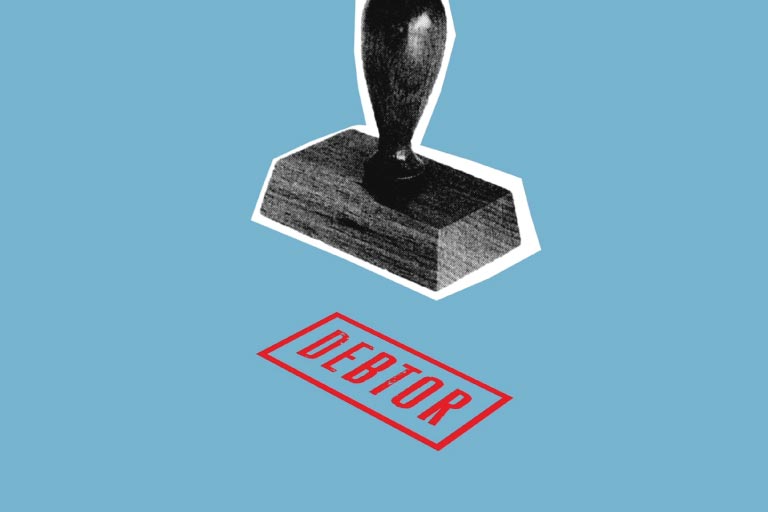
The NFCC often receives readers questions asking us what they should do in their money situation. We pick some to share that others could be asking themselves and hope to help many in sharing these answers. If you have a question, please ask an expert.
Can the collection company send your account to another collection agency after you made an agreement toward the current arrangement?
Creditors or debt collectors can sell or transfer the rights to your accounts at any time without your permission. You are most likely to find out your account has been sold when a new collector contacts you. If that’s the case, before discussing or acknowledging your account with a new debt collector, you must ask them to validate your debt. Your collector is required by law to validate your debt within five days after the first contact. If they don’t do so, they don’t have the right to collect the debt.
Why are debts sold
Most creditors or collectors sell debts they consider unrecoverable or difficult to collect. The companies that buy these debts are called debt buyers, and some of them are known as junk debt buyers because they mainly focus on buying old debts to collect on them. Deby buying is a booming business. They purchase a portfolio of debts from sellers for fraction of the total amount owed and profit even if they recover a small payment from debtors.
Collectors and payment arrangements
There are many examples of unethical debt collectors, so knowing what they can and can’t legally do while collecting a debt is your best defense. For instance, debt collectors are not obligated to offer payment arrangements or help you in a way to pay off what you owe. If they do, they are likely to offer short-term payment plans. Remember, the collectors’ main goal is to quickly recover as much of the unpaid balance as possible. So, it’s not very common for a collector already collecting a debt to sell it. However, they can do so at any time. It’s important that when you negotiate any payment arrangement, you get it in writing. It’s the only way to ensure that the collector or creditor will honor their end of the deal and that you are not being scammed by a bad actor.
Dealing with collectors is always nerve-racking. So, if you need additional resources to deal with a collector, you can contact an NFCC certified credit counselor online or by calling 1-800-388-2227. They can review your specific financial situation and help you understand your options to deal with your debts. Good luck!

